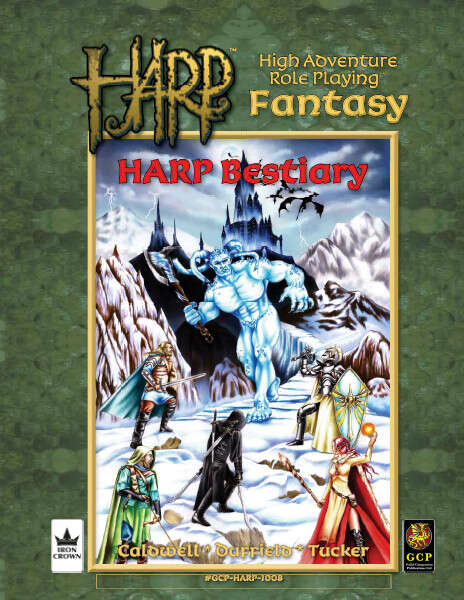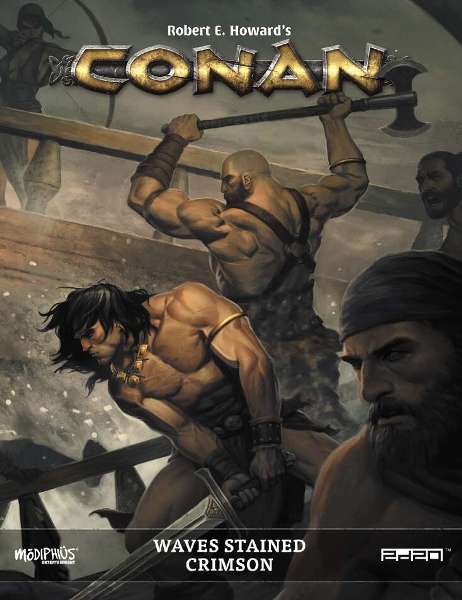
Urban Shadows
Urban Shadows is an urban fantasy roleplaying game, compatible with other Powered by the Apocalypse games, written by Mark Diaz Truman, Kate Bullock, Elizabeth Chaipraditkul, Brendan G. Conway, Sarah Doom, Reyna M., Andrew Medeiros, and Helena Real and published by Magpie Games.
By Aaron T. Huss

Learn more about Urban Shadows here
Purchase Urban Shadows here (paid link)
Find other Urban Shadows posts here
Urban Shadows is an urban fantasy RPG with a leaning toward political intrigue where the entire setting is as much alive as the characters within the game. It is a humanistic setting, kind of, whereas every character is either human or looks human but has a non-human side to them. It is built upon Powered by the Apocalypse but takes a slightly different approach whereas your adversaries cannot be described in a bestiary but rather are comprised of the same qualities as the PCs are. Whereas I was expecting an epic fantasy type game set within an urban environment, I am pleasantly surprised it is nothing like that.
I would describe Urban Shadows as Five Points married with John Wick and World of Darkness. It takes place within a city that is very much alive and everyone is associated with a faction and a “Circle”. The Circle can be thought of as the different RPGs that comprise World of Darkness with the factions being the organization, so to speak, each individual is associated with. It is not so much about outright action but rather a lot of subterfuge that could boil over into a major conflict. All of this happens under the noses of the normal, day-to-day humans much like what you see in the John Wick franchise. We see it on the screen, but everyone else in the city seems to be oblivious to it.
Urban Shadows has much of your standard PbtA mechanics including Moves and Playbooks. The playbooks focus on human and non-humans alike and how that character is a part of this world that exists within the shadows. Moves contain the standard character-focused moves but also includes interactions between characters (PCs and NPCs alike), moves for the faction one belongs to, moves within the Circle one is associated with, and moves handed over to the city. It’s like starting with an inner circle and slowly building outward until the entirety of the city is being considered. Well, kind of, it’s the parts of the city that could affect the PCs, the story, or anything the characters are associated with. However, any PbtA player will be familiar with the mechanics, it’s just the approach that takes a different direction.
To truly melt away into the shadows while operating amidst blissful ignorance takes a lot of distraction. Urban settings are the perfect place for this type of political intrigue as the hustle and bustle of the city easily mask the goings on in the shadowy areas within. As such, the setting is as important as the characters, the factions, and circles because overall, the city is an integral part of how these characters move about and the different levels of influence the “fantasy” side of the game has over the humans within city limits. Like herding sheep.
Two cities are presented as optimal locations for these games – Chicago and Santiago. Both incorporate bits of history into the game’s setting and use that history as a way to define how the shadowy side of the city could possibly exist and why they would be interested in that city. After all, if there’s no end goal in sight for that location, then why would this hidden side of the city even exist?
This edition of Urban Shadows was powered by a Kickstarter campaign that brought forth a landslide of great artwork, a professional and easy to follow layout, and a book that is presented and written well. I love when something really unique makes it into the marketplace to show gamers what else they can do with their creativity. There’s way more to gaming the just hacking and slashing, there’s a whole world of intrigue to explore while rising the ranks to become the next kingpin. Although there are the standard mechanics for combat, the focus is truly on the political intrigue and using your abilities outside of combat. There are many exciting ways to resolve a conflict!
I would definitely say this is not a game for the casual gamer. This is the type of game you play when you are ready for something more. Although I can see it being fun for a one-shot across 1-2 sessions, the long game seems much more appealing as you work your way from the lowly dregs of the shadows to calling the shots of your own faction! Or maybe you want to play the political spoiler for a powerful wizard that threatens everyone’s way of life. Or maybe dangerous denizens of the night are expanding and threaten to imprison your kin! Think about John Wick where requesting a favor can be as powerful as taking out a target.


